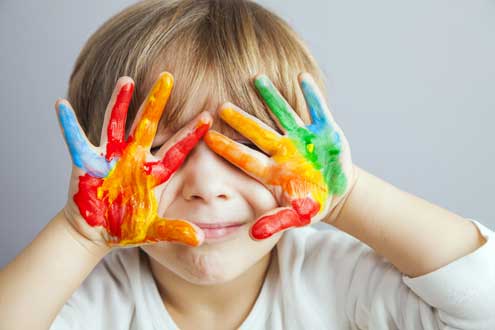Montessori is a method of education that is based on self-directed activity, hands-on learning and collaborative play. In this style, the children make creative choices in their learning, while the classroom and the highly trained teacher offer age-appropriate activities to guide the process. Each child works at his/her own pace that is directed by the teacher, who is constantly observing the progress of the child. Respect is at the core of Montessori philosophy. Our goal is to provide a carefully planned, stimulating environment which will help the child develop an excellent foundation for creative learning. The Montessori Curriculum offers children five key areas of study: Practical Life, Sensorial, Mathematics, Language, and Culture.
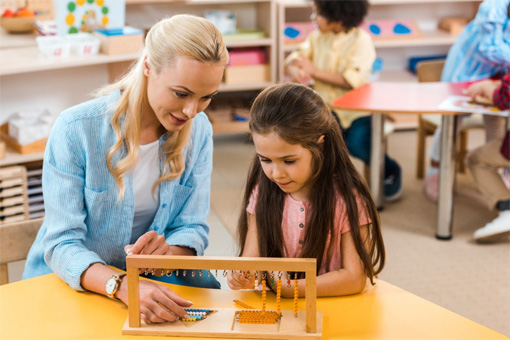
Practical Life teaches the child to take care of self and their environment. In addition to learning life skills, care of oneself, these activities and toys help develop the dexterity of child fingers. Dr. Maria Montessori called this the foundation to the child’s education. Practical life teaching will include:
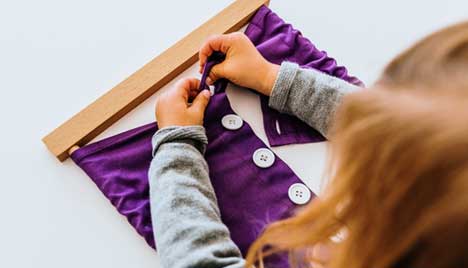
The Sensorial exercises in the Montessori classroom help the child to educate the senses. Through hands-on learning with a variety of materials the children work logically to differentiate height, width, length, color, texture, etc. The child is trained to observe using his/her senses of sight, hear, touch, and smell. Based on these observations, children make comparisons, form judgements and come up with conclusions. The child’s vocabulary is enhanced and a strong foundation for geometry is laid. Sample exercises covered in this module -
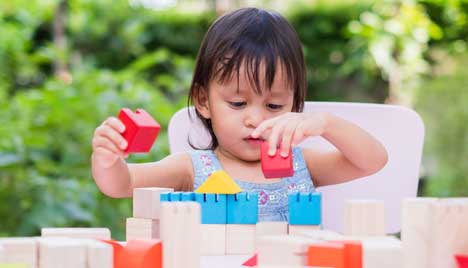
Language opens up the doorway to communication. Montessori language materials are designed primarily to teach children the intricacies of written and spoken language. A firm grasp of writing and speaking will allow children to progress with their learning. Children use language materials to explore letters, sounds, handwriting, and eventually spelling and writing. In addition to language the children also master hand-eye coordination and fine/gross motor skills.
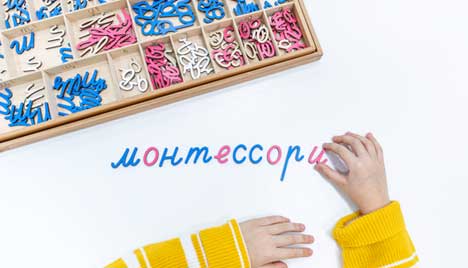
The Montessori math program addresses three separate concepts: number, quantity, and the relationship of the two together. Some of the concrete materials that the children will use are as follows:
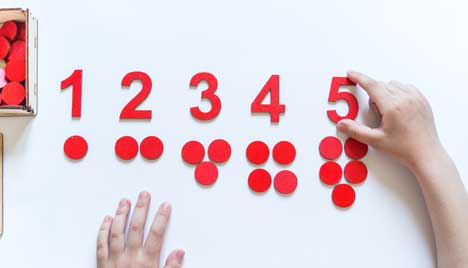
In Montessori classrooms, Cultural lessons are important and a vital part of the student's day, throughout all the age levels. Cultural curriculum provides the lessons and skills needed to make discoveries about our world. Geography, Botany and Zoology are integrated into the cultural curriculum. Students will work concepts including
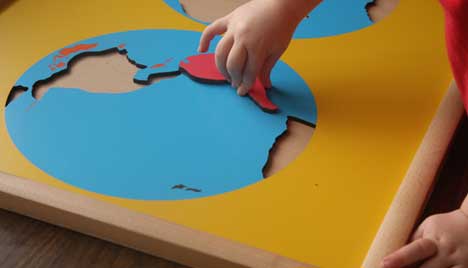
In addition to the montessori curriculum, we will will be offering extra curricular activities like Art, Yoga, Mindfulness, indoor soccer, dance, etc
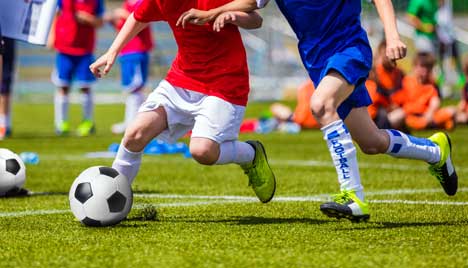
We will be offering summer camps and the flyers will be published by spring.
